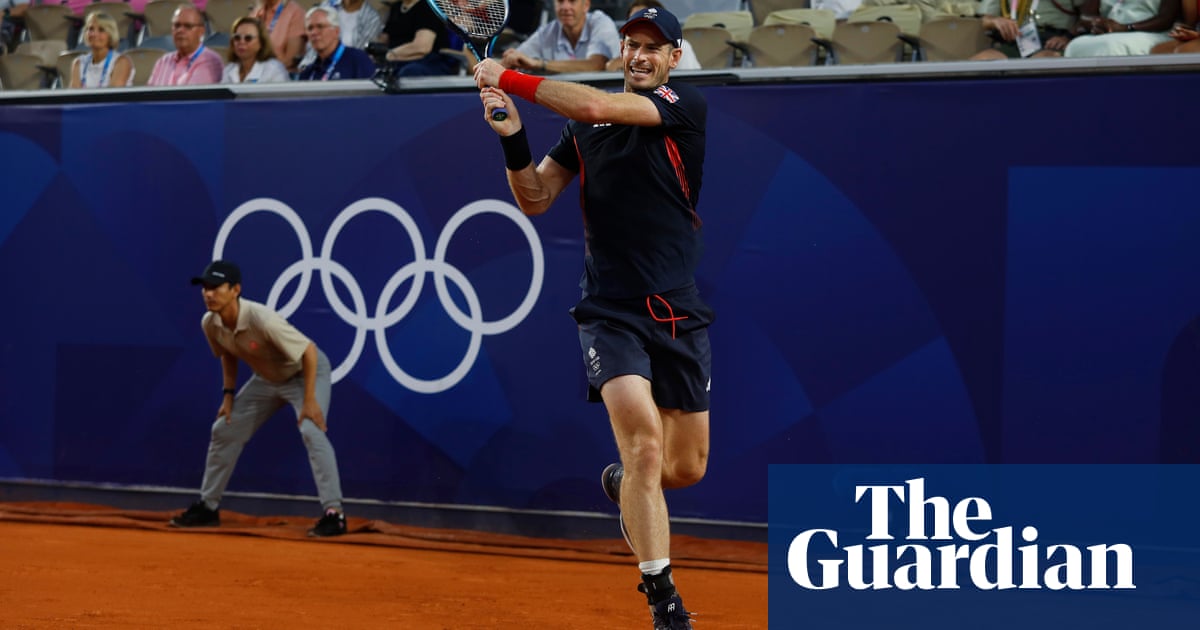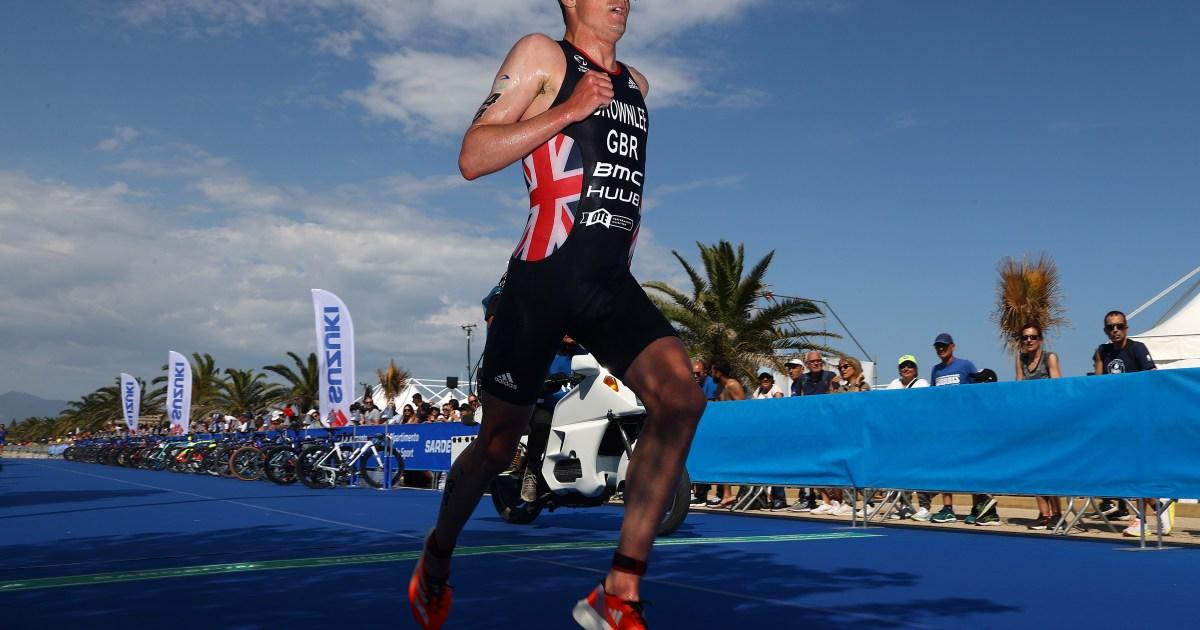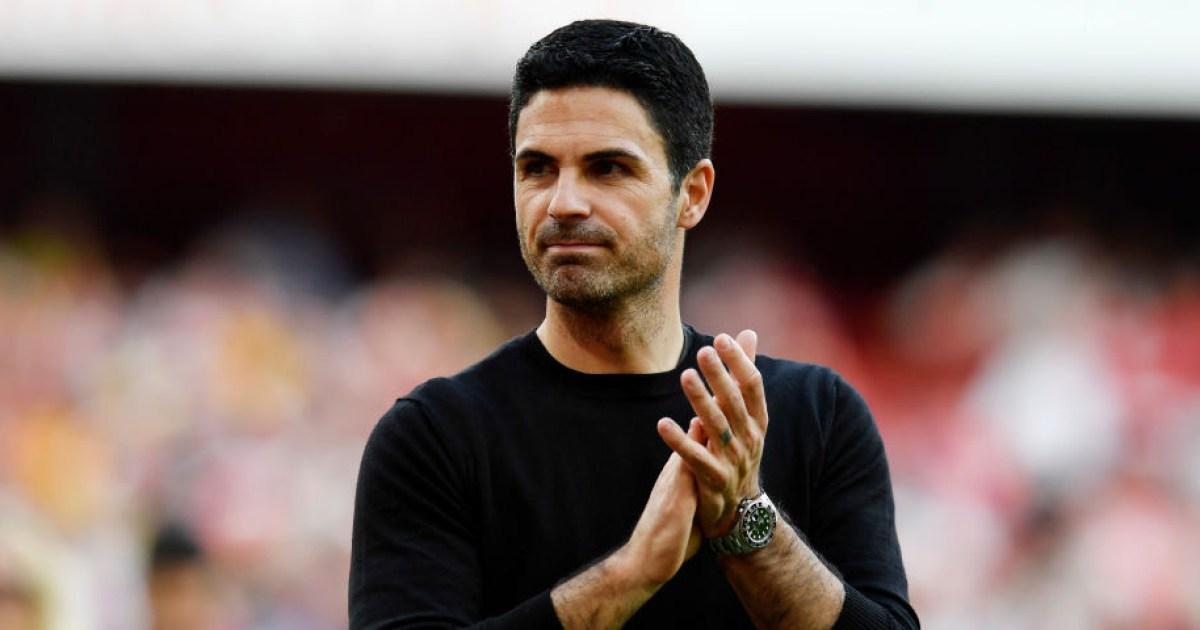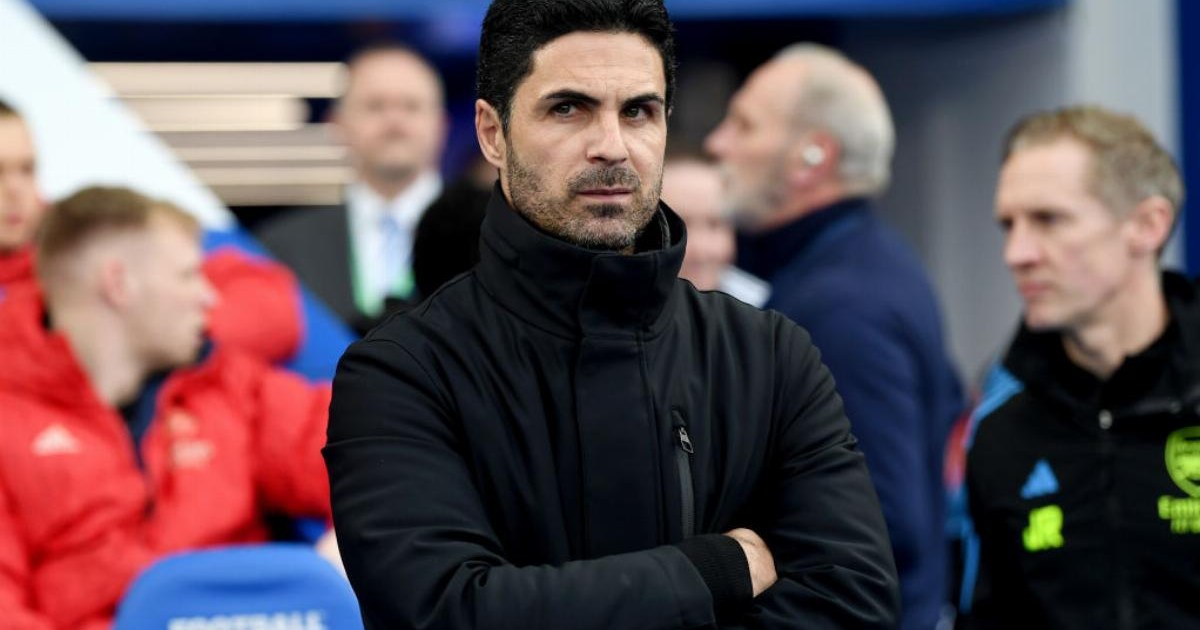‘Old age should burn and rave at close of day; Rage, rage against the dying of the light’, wrote Dylan Thomas in 1947. He could not, of course, have had the extended final act of Andy Murray’s tennis career in mind when he wrote those words. But perhaps he was prescient.
At Roland Garros on Thursday Murray raged, and did not did not go gently, but after an extended curtain call which produced some of the most joyous moments of the Paris 2024 Olympics, his long goodbye finally came to a close.
After a series of escapes which would have made Houdini proud in these Games, Murray and his pugilistic doubles partner Dan Evans finally succumbed to the American pairing of Taylor Fritz, 26, and Tommy Paul, 27 in the quarter-finals, after the pair lost in straight sets on Court Suzanne-Lenglen.
In the last five years the two-time Olympic singles champion, three-time grand slam winner, has repeatedly looked the prospect of his final match in the eye, and refused to blink. In these Games alone the British pair survived a first-round exit only by saving five match points against the odds, only to go on and save two more in the second round two days later.
But here, in a stadium filled – at its close – with the punctured hope of hundreds of British fans, they could not manage a third great escape. Murray’s career did not end with the glory of a fourth Olympic medal for one of Britain’s greatest sportsmen, but with the adulation of the crowd and the gratitude of a country that has delighted in every last moment of this most dramatic finale of his career.
At final reckoning it was a comprehensive defeat played out to a half-full arena in which the vocal British fans lived every point with their scrappy idols. The tension was palpable, every point lost accompanied with loud groans; every winner sparking cries of delight into the cooling air as Saltires and Union Jacks were thrust aloft.
The match started with a stutter, with the British pair broken in their first game. When Murray and Evans finally managed a win on serve in the first set, there was a cheer of relief and renewed chants of “Let’s go GB, let’s go” to a refrain familiar to Murray over the years. But the British pair went on to lose the first set 6-2 in just 30 minutes.
As the match entered its second set the British pair’s combined age of 71 – a full 18 years less than that of their American counterparts – began to show, as the Americans paid little respect to the Scot’s valedictory tour. Fritz slammed down relentless, punishing serves while Paul – who had lost to Spain’s Carlos Alcaraz in the singles earlier on in the day – showed no mercy in his rapid-fire returns.
after newsletter promotion
Then at match point at 5-2 – it almost happened again. A match point saved, staccato rallies swung the pendulum from deuce to advantage, before the British pair finally took their advantage, breaking to 5-3. Their blood up, they held serve but the Americans refused to play to the British script and as the sky began to darken, the break they so desperately wanted at 5-4 didn’t come, with their opponents seeing out the game 6-2, 6-4.
Murray will now have to face down his struggle with the prefix “ex”, perhaps his most feared opponent. “I want to play for ever,” he said, after a painful first round exit from the men’s doubles at Wimbledon. “I love the sport. It’s given me so, so much. It taught me loads of lessons over the years I can use for the rest of my life. I don’t want to stop, so it is hard.”
Now, finally, he must. After a heartfelt hug with Evans, who gently encouraged him to go back into the middle of court for a second time, Murray accepted the applause of Fritz and Paul and gave thanks for the cheers of the travelling crowd with tears in his eyes. The final autograph signed, he finally walked off court without looking back and the stands started to empty.







